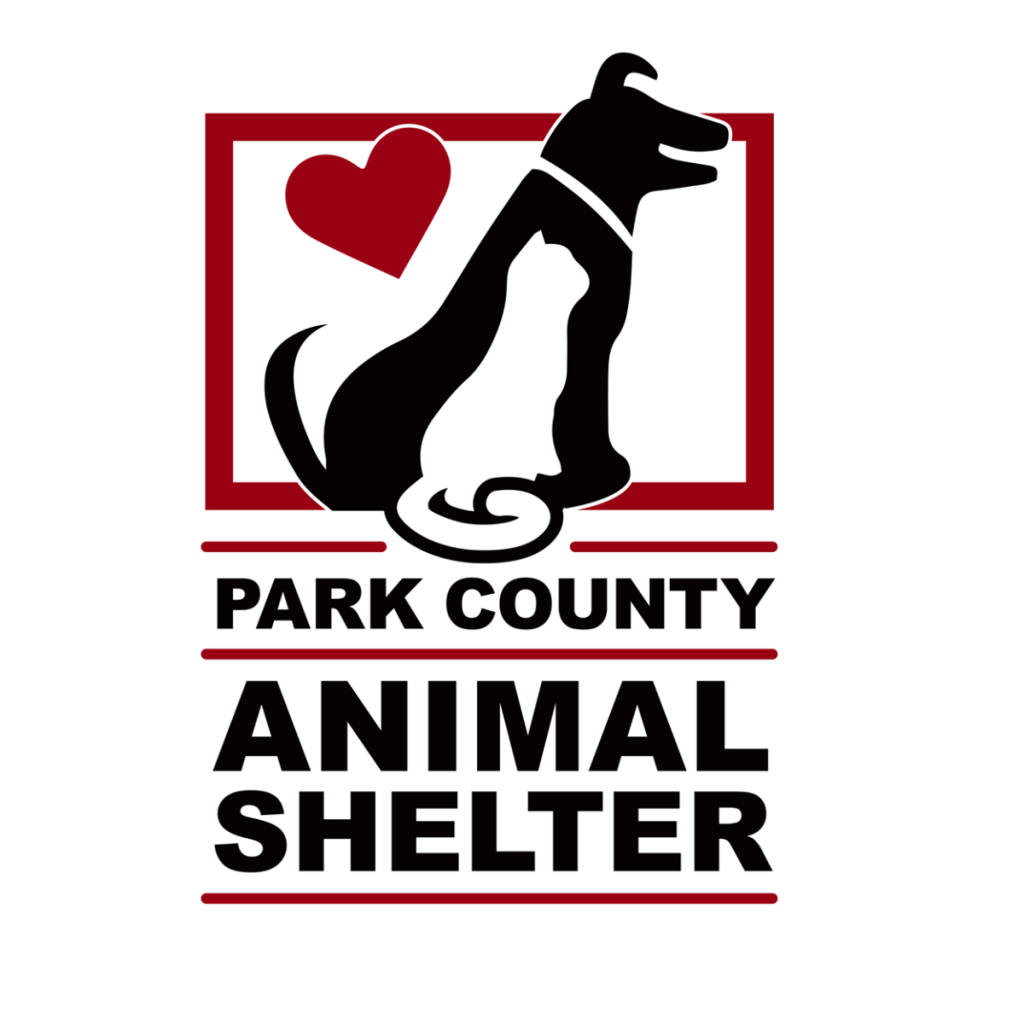This week, Park County Animal Shelter is closed to the public due to an outbreak of feline parvo that killed one of their kittens. In order to prevent the disease from spreading to the animals of the general public, Park County Animal Shelter has elected to close until they perceive the disease is under control. Originally, they expected to reopen this Thursday, July 27, but they now plan to open on Monday, July 31st to ensure the greatest safety.
Parvo is the term used to identify the disease caused by feline parvovirus, a highly infectious and easily widespread disease which chiefly affects animals.
The feline parvovirus targets cats’ small intestines, causing vomiting, diarrhea, and difficulty eating and drinking. It can also attack their bone marrow, reducing the amount of red blood cells, white blood cells, and platelets. Early symptoms of this disease in infected cats include depression, legarthy, frothing at the mouth, watery discharge from the nose, vomiting, and fever. Later, symptoms can transition to low body temperature, inability to eat or drink, and watery or bloody diarrhea.
The virus is typically transmitted through urine, poop, and nasal secretions by infected felines. From there, it can contaminate cages, bedding, food, dishes, and the hands and clothes of any handlers.
Parvo is most severe in kittens past 4 weeks old. When they are born, they are given antibodies from their mothers; however, the protection from the antibodies wane after about 4-12 weeks. This leaves them vulnerable to invasive diseases.
While dogs can also get this disease, the particular feline parvo does not infect dogs. Therefore, cats cannot spread the virus to dogs. Dogs can be susceptible to a similar disease known as the canine parvovirus, a different variant of the parvovirus, but as of now, there are no symptoms of the particular strand.
Humans are immune to the disease. However, they can serve as carriers of the disease, meaning that if a person comes into contact with a cat with the feline parvo and touches another cat, the latter will be infected.
The only way to fully prevent your cat from getting this virus is by vaccinating them.
Park County Animal Shelter is also struggling due to the fact that in their attempt to rescue as many animals as they can, they are exceeding their resource and storage capacity for rescue animals. On paper, they only have enough space for 85 animals in their shelter, but circumstances have led them to provide for 167 animals.
For this reason, they are lowering the adoption fees until July 31st. Cats can be adopted for $20, and dogs can be taken home for $50. They are doing their best to find good homes for all of the deserving pets seeking refuge. In addition, they are offering a buy one kitten, get one kitten free promotion for $65.
PCAS is in need of donations of bleach and laundry detergent to help the shelter provide quality care for their animals during this challenging time.










